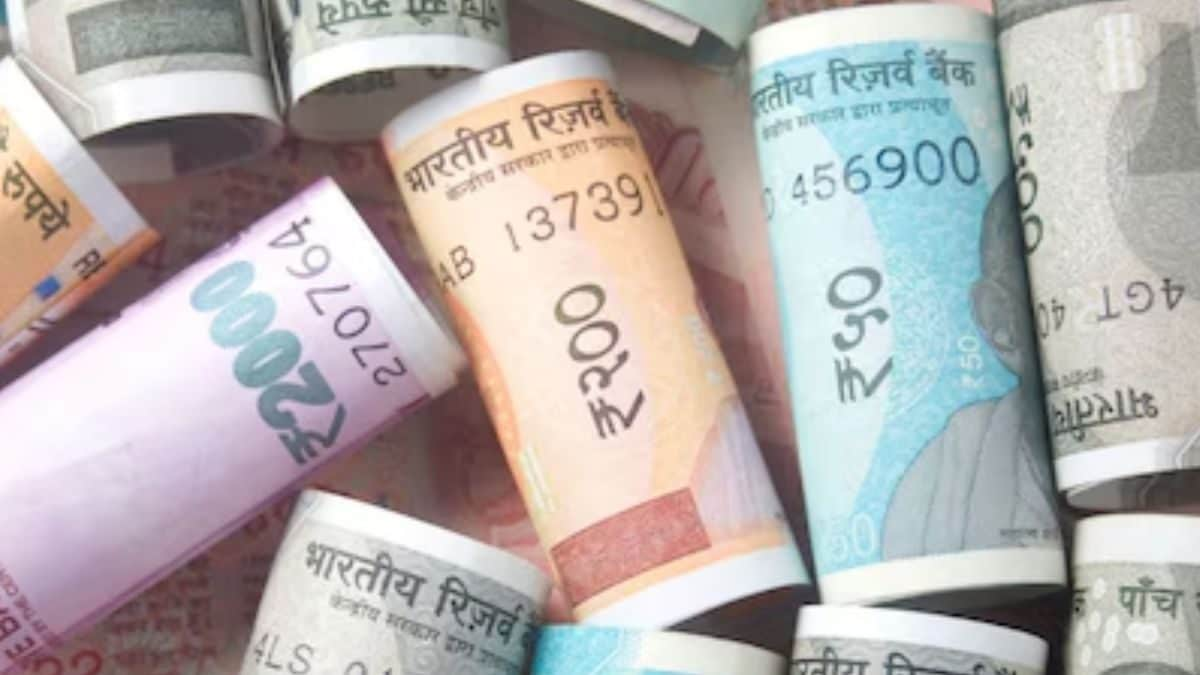Central government employees are expecting a much-anticipated increase in their Dearness Allowance (DA) this month. The government is likely to announce a 3-4% DA hike in the third week of September, adding to the financial benefits received by employees after the introduction of the Unified Pension Scheme. This article delves into the details of the upcoming DA hike, including its potential impact, the ongoing debate regarding DA arrears, and the future of the 8th Pay Commission.
Expected DA Hike and its Implications
The proposed 3-4% DA hike, if implemented, would mark the second increment in DA for the year. Earlier this year, in March 2024, the government raised DA by 4%, bringing the total DA to 50% of the basic pay. The additional 3-4% hike would further increase the disposable income of central government employees, providing a welcome boost to their financial well-being. The anticipated hike could stimulate consumer spending, further impacting the overall economy.
However, there are other key aspects related to the DA that need attention.
DA Beyond 50%
There is a prevalent discussion about what happens when the DA surpasses 50%. Currently, experts suggest that the DA will not be merged with the basic pay even if it crosses the 50% threshold. Instead, there are provisions for increasing other allowances, including House Rent Allowance (HRA), to compensate for the increased cost of living. This approach, while avoiding basic pay adjustments, aims to provide substantial financial support to employees.
The DA Arrears Debate: Unpaid Wages of the Past
A crucial concern among central government employees is the lack of payment for DA arrears withheld during the COVID-19 pandemic. The government had decided to freeze three installments of DA, effective from January 1, 2020, July 1, 2020, and January 1, 2021, to alleviate pressure on government finances due to the economic disruption caused by the pandemic.
Despite persistent calls from employees’ unions, the government has maintained its stance of not releasing these arrears. The government cites the financial strain brought about by the pandemic as a reason for this decision.
Unpaid Salaries: A Source of Dissatisfaction
The non-payment of DA arrears has created dissatisfaction among central government employees. While the government acknowledges the economic hardships faced by its employees during the pandemic, its reluctance to release the arrears fuels resentment and dissatisfaction. The issue is further complicated by the lack of clarity on when, if at all, the arrears will be paid.
The 8th Pay Commission: A Distant Possibility?
Discussions around the formation of the 8th Pay Commission have been ongoing. Several central government employee unions have submitted representations demanding the constitution of the 8th Pay Commission, which would involve a complete revision of salaries and allowances. However, the government currently has no proposal under consideration for forming the 8th Pay Commission.
Pay Commission Formation: A Long-Term Agenda
The government’s stance on the 8th Pay Commission highlights the importance of maintaining financial stability amidst competing priorities. The government must weigh the potential benefits of a revised pay structure against the substantial financial implications involved. Given the current economic situation, the formation of the 8th Pay Commission seems unlikely in the near future.
How DA Hike is Calculated: The Formula Behind the Increase
The DA hike is determined based on the increase in the All-India Consumer Price Index for Industrial Workers (CPI-IW). The central government utilizes a specific formula to calculate the DA:
Dearness Allowance Percentage = ((Average of All-India Consumer Price Index (Base Year 2001=100) for the past 12 months -115.76)/115.76)x100.
This formula, which was revised in 2006, ensures that DA increases are aligned with inflation trends.
Take Away Points
- The upcoming DA hike is expected to boost the financial well-being of central government employees.
- The government’s decision to not release DA arrears from the pandemic period has sparked discontent amongst employees.
- The formation of the 8th Pay Commission remains uncertain, as the government focuses on financial stability.
- The DA calculation is tied to the All-India Consumer Price Index for Industrial Workers (CPI-IW), ensuring alignment with inflation trends.
The expected DA hike serves as a temporary solution to address the rising cost of living. However, the larger concerns regarding DA arrears and the 8th Pay Commission continue to loom over the well-being of central government employees. As the government navigates these critical issues, maintaining employee morale and ensuring a stable financial environment remains vital.




